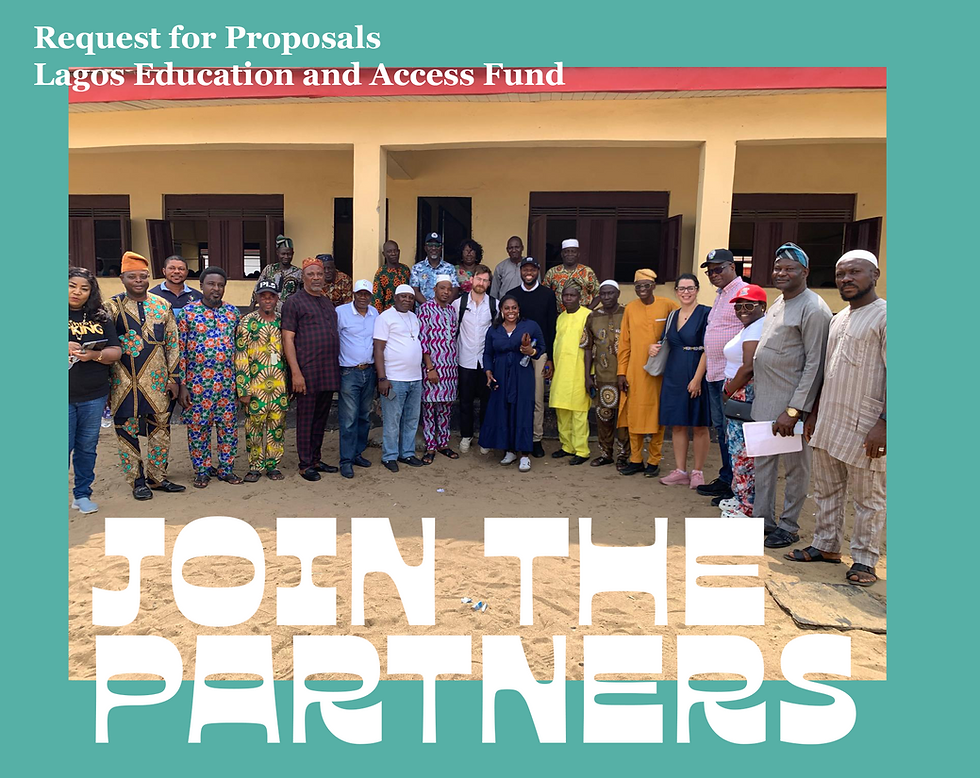Oxford’s Government Outcomes Lab interviews Amel Karboul, EOF CEO
- Apr 15, 2020
- 2 min read
Updated: Sep 30, 2024
In an interview with Oxford University’s Government Outcomes Lab (GO Lab), EOF CEO Amel Karboul discussed the role of outcomes-based financing in ensuring inclusive and quality education for all.
Describing the potential value that outcomes-based financing can unlock in the education sector, Karboul explained:
[T]here have been some foundations and philanthropists who have been wary of investing in education because there were many complexities and they were not sure it would impact on results. So, paying for results may unlock more capital in that sense.
On the other side, it is a good thing for NGOs and service providers to be paid in a way that doesn’t stifle their innovation and entrepreneurship. If it is risky they won’t try to innovate as they are worried about the outcomes. As we bring the investment capital, we can guarantee that they have their income. They don’t have to take on debts.
Another way you can unlock value is by understanding what is working. You pay for outcomes and leave the eco-system the opportunity to innovate and find out. If you already know what programmes deliver good results there are probably easier ways to fund it, you could probably pay for it directly. When scaling a programme it may be easier to pay for outcomes because you can find new sources of capital to support you.
Karboul spoke with GO Lab during her participation at the Challenges of Government Conference 2018, convened by the Blavatnik School of Government at the University of Oxford. She spoke on a panel discussion addressing the question, “How can government commissioning achieve better outcomes?” (Video of the panel is available here.)
Read the full interview here.



Comments